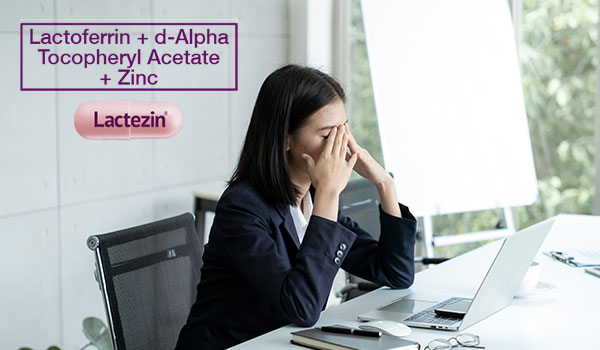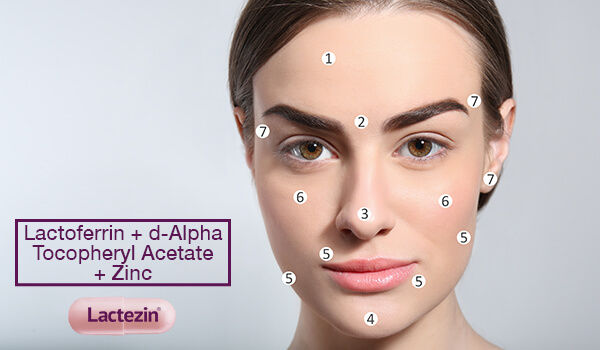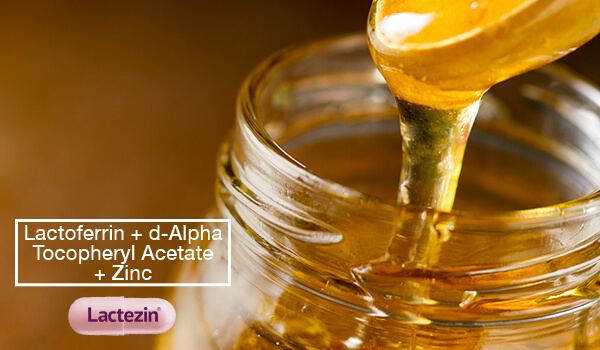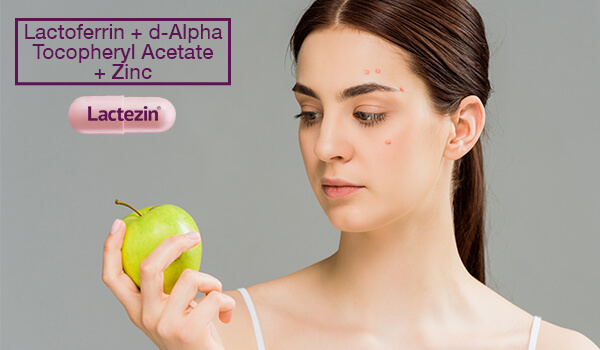Stress Acne: How to Identify and Prevent Them

Stress can manifest in a number of ways on the body. On skin, breakouts that seem more intense than usual may be a telling sign that you should be taking things slow. Read on to learn about stress acne, along with ways on preventing it.
How Stress Affects Acne
As online medical hub MedlinePlus defines it, stress is a feeling of emotional or physical tension. It’s the body’s reaction to a challenge, threat or demand, involving multiple complex interactions and processes in the body. In short bursts, stress can be helpful in avoiding danger or in getting you the adrenaline you need to get through a tough situation. But when stress lasts longer, it may harm your health.
Stress is rarely without effects on the existing conditions of the body. Can it aggravate acne or trigger breakouts? Yes, and here are some ways on how.
Pumped Up Sebum Production
Remember that the core causes of acne are bacteria, inflammation, dirt and debris that may clog pores, and hormones that influence the sebaceous glands in producing sebum (oil). Of these four, a key factor associated with stress acne are hormones. When the body is stressed, it triggers the production of stress hormones called cortisol that triggers a series of reactions to get the body into a state of ‘fight or flight’. The sebaceous glands in the skin have receptors for cortisol, meaning an increase in stress signals the sebaceous glands to produce more sebum.
Depressed Immunity, Increased Inflammation
Feelings of stress have a general depressive effect on the body’s immune system, and this may make acne worse by lowering the body’s ability to fight inflammation. In line with this, researchers have found that wounds, including acne, heal much slower when an individual is under stress. Slower healing means acne such as pimples stay on longer, tend to be more visible, and are more open to increasing in severity.
Forgetting Skin Care
When stressed, we tend to get tunnel-viewed on getting through the difficult situation, and skin care is at the bottom of the list of priorities.
Is it Stress Acne or Regular Acne?
When you hear ‘stress acne’, what immediately comes to mind is a glaring pimple right before a test at school, an important presentation at the office, or some other big event. While it can mean that, it’s just one of many forms of stress acne. Just like regular acne, stress acne can come in the form of blackheads, whiteheads, pustules or cysts.
The main way to tell the difference between stress and regular acne is to mind and track the triggers. Is your breakout caused by your monthly period or is it because of a big office presentation coming soon?
How to Prevent Stress Acne
The key to preventing stress acne is to manage stress. No matter how difficult a situation can be, remember to pause and refresh yourself with these tips:
Sleep
Stress and sleep follow a chaotic cycle. Stress tells the body that it needs to stay alert, and this tends to lead to sleep deprivation. Losing sleep, on the other hand, adds to the stress and triggers the release of more cortisol. Break the cycle wherever you can, and keep your nights sacred. Remember that it’s only when you are well-rested that you can function at your best.
Time Off of Tech
Technology can be a source of stress. Spending too much time on your phone or computer has been studied to have negative effects on the body. Additionally, the longer you’re online, the more you’re exposed to multiple stress triggers such as frightening, sensationalized news updates. Aim for balance. It’s important to stay informed, but checking in with your mental, physical and emotional health are a must too. Practice scheduling your screen time, and try to limit your news sources (or online pages you visit) to trusted and reliable ones.
Self care
Mindful pauses for self care will greatly help in re-centering yourself. Stress can cause you to focus too much on a problem that you forget other things such as eating, exercising and connecting with friends. Again, try to strike balance. Work towards addressing the problem, but remember to take breaks.
Alternatively, you can manage and prevent stress acne with the help of topical products and spot treatments. These, for example, are go-tos for treating acne.
- Benzoyl Peroxide helps manage inflammation, oil and bacteria
- Salicylic Acid controls oil production in pores and helps get rid of dead skin cells on the surface of the skin.
- Retinoids (or pure vitamin A) is known for its anti-aging and pore-unclogging effects.
Oral medication can also be advantageous in treating acne, be it stress or regular acne. With continued use, lactoferrin, vitamin E and zinc in Lactezin helps lessen pimples in as early as 2 weeks.
Find the right cure and treatment for your acne concerns. Get your acne questions answered with expert pimple care tips and advice, only from Lactezin.
If symptoms persist, consult your doctor.
ASC Ref No. U074P031521LS
SOURCES:
https://www.byrdie.com/what-is-stress-acne-4775239
https://www.allure.com/story/what-is-stress-acne
https://time.com/5014072/stress-pimples-acne/
https://www.healthline.com/health/stress-acne#how-stress-affects-acne


